With ongoing demographic shifts, labour shortages, and overcapacity of nursing schools, the nursing field will continue to feel the immense pressure of rising demands and a lack of supply to meet these needs. Under this backdrop, many novice and experienced nurses feel prepared to learn but very much unprepared for the work that they encounter daily. The field is constantly evolving every day with new demands and challenges, yet many working in it feel unsupported or unprepared to meet them.
But it is not just the nurses themselves – nurse educators need to be one step ahead of the curve in preparing to meet these changes. There are many pathways you can take if you are aspiring nursing educators to your teaching expertise, such as an online EdD in education healthcare. However, before all of this, there needs to be an obvious recognition of the fundamental intersection of healthcare and academia, and how this precisely forms the basis of raising a nurse workforce that is more resilient, more knowledgeable, and most importantly, more effective in giving the best care for patients, even amidst the overwhelming pressures that abound.
The Role of EdD for Nursing Educators
EdDs, or a Doctor of Education, are important avenues that aspiring educators take in refining their expertise to deliver their knowledge to future nurses, along with shaping and advancing a practice. In summary, EdDs are advanced degrees that prepare and equip graduates with primarily administrative, leadership, and policy roles as well as various other career pathways.
As such, the role of EdD for aspiring nursing educators is critical, especially when putting this in the perspective of the fundamental duties of leading, mentoring, and innovating the intersecting relationships between theoretical training and clinical practice in the nursing field, both within the academic and professional healthcare spaces.
With an EdD, you may think of its other counterpart – a PhD, or a Doctor of Philosophy. While they are both advanced degrees that make their fair share of contributions to shaping the nursing field, there are some key differences between them. A nursing-focused EdD more or less often equips graduates with the tools to apply research with active practice in nursing education and taking on leadership roles, while a nursing-based PhD revolves around generating new knowledge, practice philosophies, theories, and research to advance the nursing science and field. Moreover, EdDs can usually be completed within 2.5 to 4 years with flexible part-time and online options; PhDs usually take between 3-6 years of full-time study for completion.
Healthcare and Academia: Nursing Educators in Bridging the Gap
Nurse educators carry the enormous task of educating, training, and raising the current and upcoming nursing workforce. Of course, advanced degrees like a nursing-focused EdD ensure nurse educators are not only staying up-to-date with the fundamentals of nursing practices, but also the latest clinical and technological advancements and emerging trends in the healthcare field. However, we should take a look at how aspiring nursing educators can apply their credentials and the unique set of skills gained by bridging the perceived gaps between healthcare and academia to both advance the nursing field and educational development in practice.
Curriculum Development and Research
One of the first and foremost parts of being a nursing educator is to become acquainted with the process of curriculum development and analysis. Within an EdD program, graduates are very much involved in crafting, designing, revising, and advocating for nursing curriculum that meets current industry challenges, demands, and standards while ensuring students are ready to face them. With that, educators also need to know how to analyse the effectiveness of curricula with university, college, or national benchmarks in mind.
By developing and applying a research-based clinical practice, analytics become crucial to driving quality program improvement to raise a new generation of the nurse workforce defined by its high competency and success.
Innovative Pedagogy and Evaluation
Pedagogy gets thrown around a lot in education – it essentially means a method or practice of teaching, which includes the approaches, theories, and assessments used to deliver curriculum to students or a class. Nursing educators in particular need to be prepared to incorporate and apply the latest knowledge, theories, and methods into their nursing education pedagogy.
Education is never static, and in the healthcare field, this becomes more pronounced as technological advancements and practice methodologies are constantly evolving in the industry. With the training needing to always meet these demands, educators bear the burden of ensuring students are ready to take these on.
Organizational Leadership
The skills needed to be a nursing educator are not just about teaching; they can also include understanding organizational knowledge and operations. With the prioritization of organizational leadership typical in EdD programs, nurse educators are prepared with the latest styles, strategies, and competencies in professional administration and practice, a much-needed part in the field. This translates to more effective teaching and leadership wherever there are incoming nurses.
Theory and Practice – Praxis
To move forward, we always need to look back first. The historical, philosophical, and theoretical foundations of nursing are lesser thought, but it is a critical skill for educators to advance the field. Obviously, this foundational understanding is not just of what constitutes good nursing practice; it also includes insights into how these have been developed and applied across the ages. It is an essential part of blending the lofty theories with actual practice for students to create an effective yet suitable nursing praxis.
Beyond Knowledge and Experience
The bridging of healthcare and academia for the future of nursing includes not only knowledge and experience, but also many factors that go beyond them. Fundamentally speaking, having just the knowledge and experience is not enough to be a good medical educator – there is a whole set of additional qualities to ensure that teaching is holistic and sustainable for all students to acquire the best outcomes. From having a growth mindset to being ahead of the curve in the dynamic and ever-evolving healthcare field, the nursing educator involves far more than drilling medical knowledge and sharing clinical experience with students; it is a multifaceted practice, just like nursing itself.












